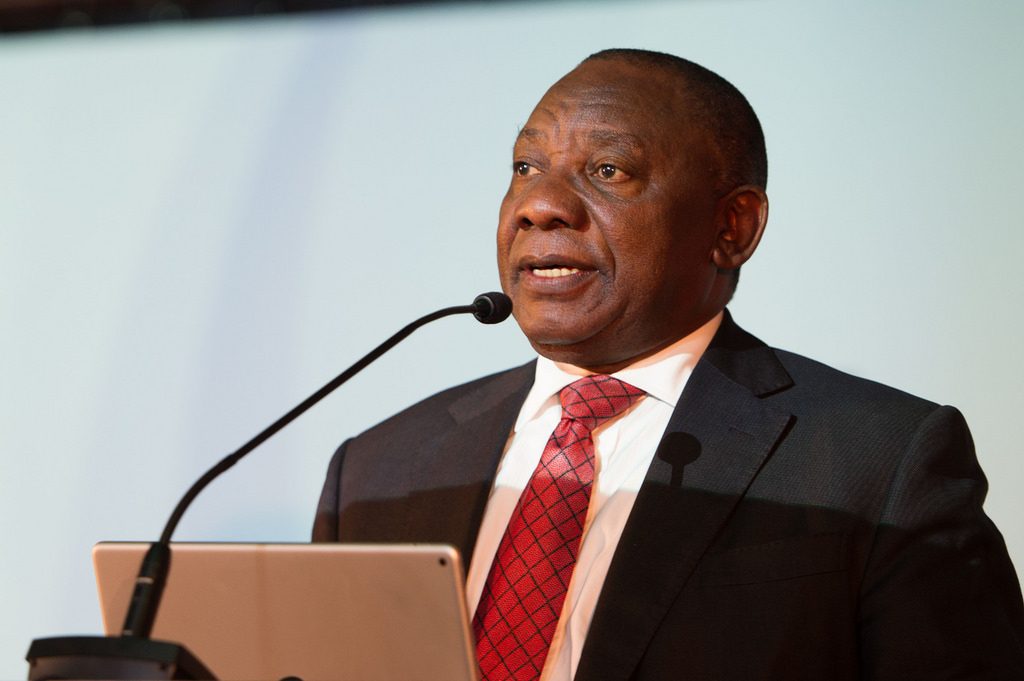The presidency held talks with the Chamber of Mines lobby group following Ramaphosa’s state-of-the-nation speech Friday night, both sides said in statements late Sunday. Hearings had been scheduled to start Monday into the chamber’s application for a judicial review of the latest Mining Charter, which was published by Mineral Resources Minister Mosebenzi Zwane in June.
The postponement “serves to allow parties the space to engage and find an amicable solution,” the presidency said in its statement. The chamber “is agreeable to the request by the presidency to give negotiations a chance,” the group said.
South Africa has the world’s biggest reserves of platinum, chrome ore and manganese. The Mining Charter, introduced in 2004, laid out rules and targets for areas such as black ownership to help to redress economic inequalities stemming from white-minority rule under apartheid. It was updated in 2010, and again last year.
The industry had complained that it wasn’t properly consulted on the latest version, which places extra levies on companies and raises requirements for black ownership, and argued that the changes will deter investment.
“I am certain we will be able to resolve the current impasse and agree on a charter that both accelerates transformation and grows this vital sector of our economy,” Ramaphosa said.
Read more: Mining Companies Are Suddenly Positive on South Africa Again
The North Gauteng High Court on Monday issued an order postponing the chamber’s application, the chamber said in a statement. The order also included communities in mining areas, who had complained of being excluded from the consultation process, as core stakeholders in the case, according to groups represented by the Centre for Applied Legal Studies at the University of the Witwatersrand.
Department of Mineral Resources spokeswoman Ayanda Shezi didn’t answer a call and members of the department didn’t immediately respond to an email seeking comment.
Chris Griffith, the chief executive officer of Anglo American Platinum Ltd., the world’s biggest producer of the metal, welcomed the postponement.
“With the kind of resolve the president has shown, there is no reason to believe we can’t do this in a fairly short time,” he said at a presentation in Johannesburg.
It’s reasonable to expect that Ramaphosa will move quickly on finding a resolution and that there could be a new mining charter by June, Ross Harvey, a mining analyst at the South African Institute of International Affairs, said by phone.
(Written by Felix Njini and Paul Burkhardt)





Comments